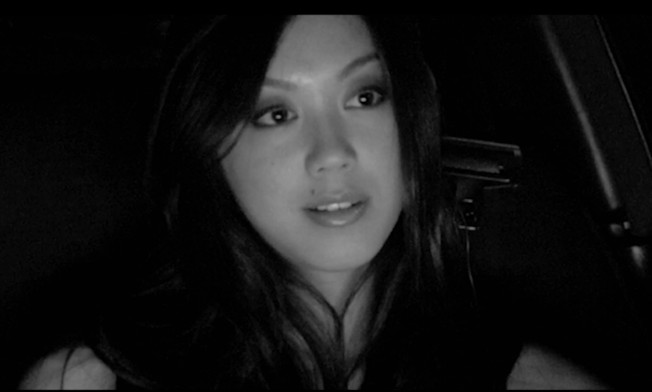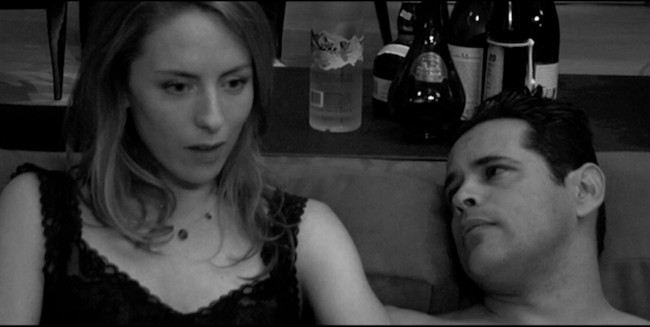New Comedy Follows a Day in the Life of a Brothel Worker

Comedy and sex. A duo as iconic as Batman and Robin, Beyonce and Jay Z, or peanut butter and jelly. Everyone understands the allure of sex and the pratfalls that come with it. When comedy is relatable ,it feels captivating, and when it’s not, you get a movie like Ten Tricks.
Directed and written by famed casting director Richard Pagano, Ten Tricks follows a day in the life of Grace (played by Lea Thompson), a brothel worker wishing for one last chance at having children, who decides to get pregnant on her birthday. Trouble arises when her boyfriend ditches her for the city of Cleveland, leaving Grace desperate to find a mate. Meanwhile, across the street from the brothel, we find a disgruntled magician disappointed in the direction his life has gone. It is a movie about discontentment, or so I am told.

Ten Tricks cannot overcome the incompetency of its unfocused storyline. The film directly utilizes the aesthetics of a silent film, including bombastic music and intertitles. While this is supposed to invoke a feeling of timelessness to the character’s central conflict, it achieves only in making the film feel stuck in the past, especially when it comes to its female characters. The film features a plethora of nude women, whose sole purpose is to be objects of pleasure for their male counterparts.
Despite a strong leading performance from Lea Thompson, who gives an emotionally compelling and often humorous performance, this film fails her by not giving her enough to do. The film works best when Thompson is on screen. Yet, the story insists on cutting back to the magician, thus grinding any form of positive momentum to a complete stop. His character does not have an arc, and the story’s attempts at philosophical musings fall flat.

Yet, all can be forgiving if a comedy makes me laugh. To this film’s credit, there are a handful of scenes that kept me chuckling. In particular, the scenes of the brothel workers engaging with their clients had good laughs throughout. Yet, just like many films from the silent era, the comedy at times feels dated. One scene involving a Pakistani customer engaging in Kama Sutra is so abrasively racist, you could have told me it was a joke pulled directly from the 1920s.
Ten Tricks pays homage to 8 ½ (Fellini is directly referenced), yet fails to capture the surrealist elements of Fellini’s writing. Instead, surrealism is replaced with neuroticism, cheap laughs, and an over-fetishization of the female body. While Pagano has an eye for visual flair, maybe next time, he should leave stories about female brothel workers to be told by female filmmakers.
Author Bio:
Ben Friedman is a freelance film journalist and a contributing writer at Highbrow Magazine. For more of his reviews, visit bentothemovies.com, his podcast Ben and Bran See a Movie, or follow him on Instagram, Twitter, and YouTube: The Beniverse.
For Highbrow Magazine































































































































































































































































































































